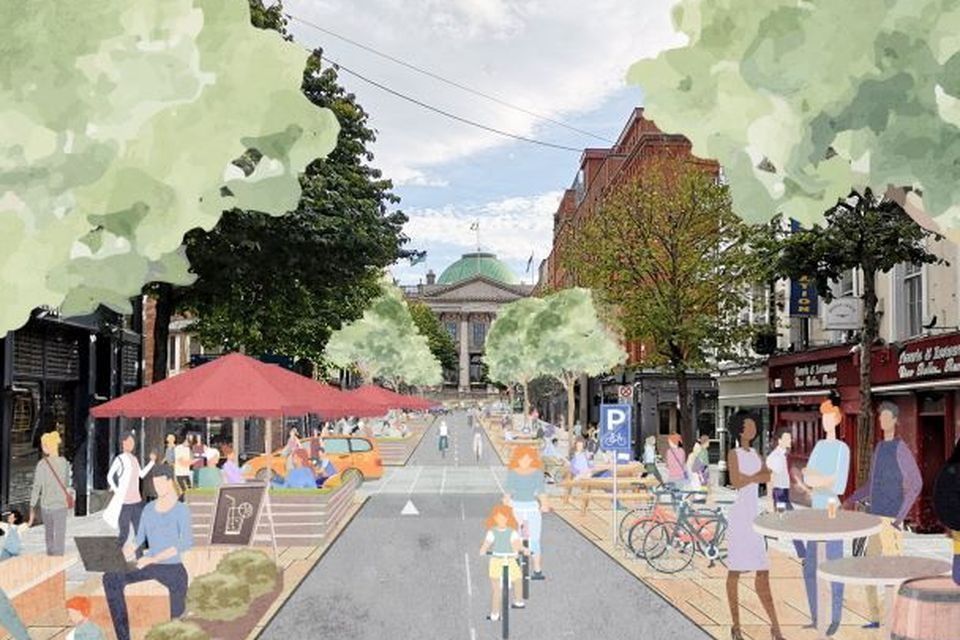
Plan with Dignity
Land use requires a juggling act of different needs. Offices, housing, parking, green space, retail, transport and schools all vie for the same spaces.

Land use requires a juggling act of different needs. Offices, housing, parking, green space, retail, transport and schools all vie for the same spaces.
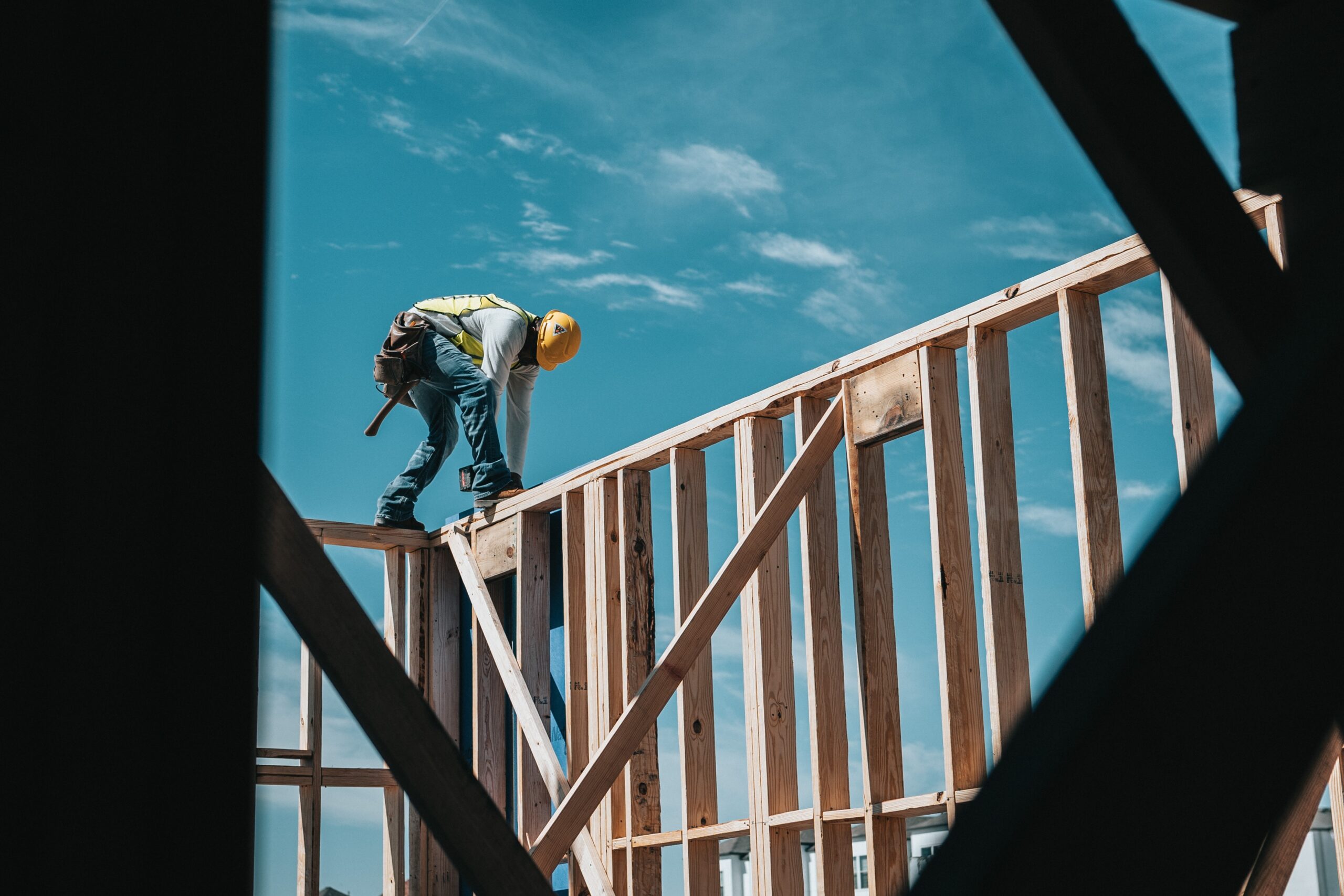
This week the housing charity Threshold published its 2022 annual report. I was struck, reading it, that the numbers involved in their work were terrifyingly large. Over 50,000 people needed to reach out to the charity in an effort to avoid homelessness. It was a stark reminder of how the homelessness crisis that Ireland has… Read more »
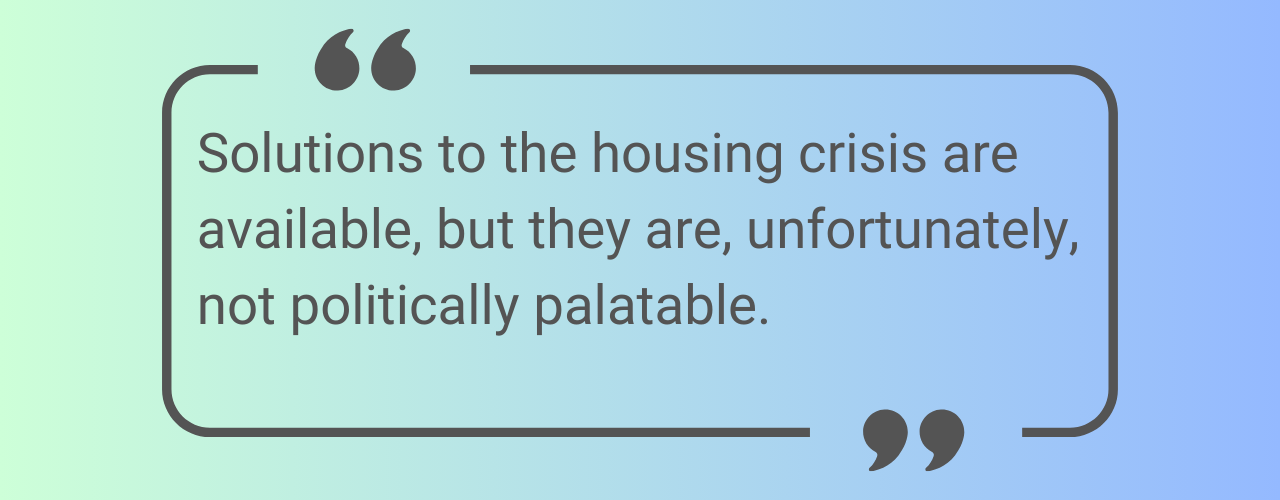
Maybe the reason the Kenny Report is sitting on a shelf gathering dust is that governments do not want to reduce the cost of housing. Their core voters are home owners who will be horrified at the thought that the value of their house would be reduced, even minimally. But unless they are planning to sell the house, that is a purely paper reduction.
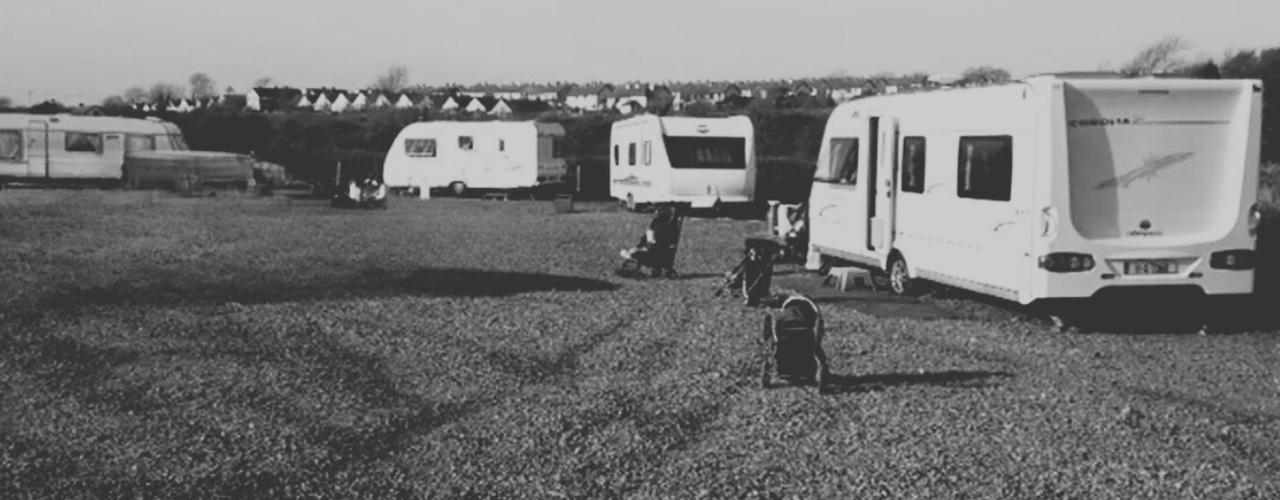
Travellers are overrepresented in homelessness emergency accommodation and also comprise part of the ‘hidden homeless’ in Ireland; people who are living in precarious or overcrowded housing. Traveller families with children are often left lingering in emergency family hubs for far longer than families from the settled community before being offered homes. When they are offered homes, these are often inadequate or ill-suited to their needs. Travellers who try to get tenancies in private rented accommodation face discrimination and have applications rejected.

The reasons for turning down one or more offers of social housing are the concern of the homeless person or family involved, and this is not why the homelessness situation is “complicated”. It is complicated because of the reticence to solve it, by automatically placing homeless people in [actual] social homes for fear of a cascade effect where there is a rush of people declaring themselves homeless. This is the anxiety expressed in the 2017 Welfare cheats… campaign – the unfounded fear that the people at the bottom of society are taking advantage of us all, when our real fear is that we might some day be those people

A house or apartment that is owned by someone who does not live in it, is not that person’s home, but it is their property. If the property has a tenant living in it, it is now their home, even though they are not the owner.

There are – still – more than 11,000 people homeless. Homelessness figures have been record-breaking, (you might say exceeding their targets) for six months in a row. But the Government’s targets for social housing have not even been met, never mind exceeded. This fact has been further compounded by the Department of Housing’s reported underspend of €340 million in its housing budget for last year, which raises further questions about the Department’s capacity and determination to lessen the severity of this crisis.
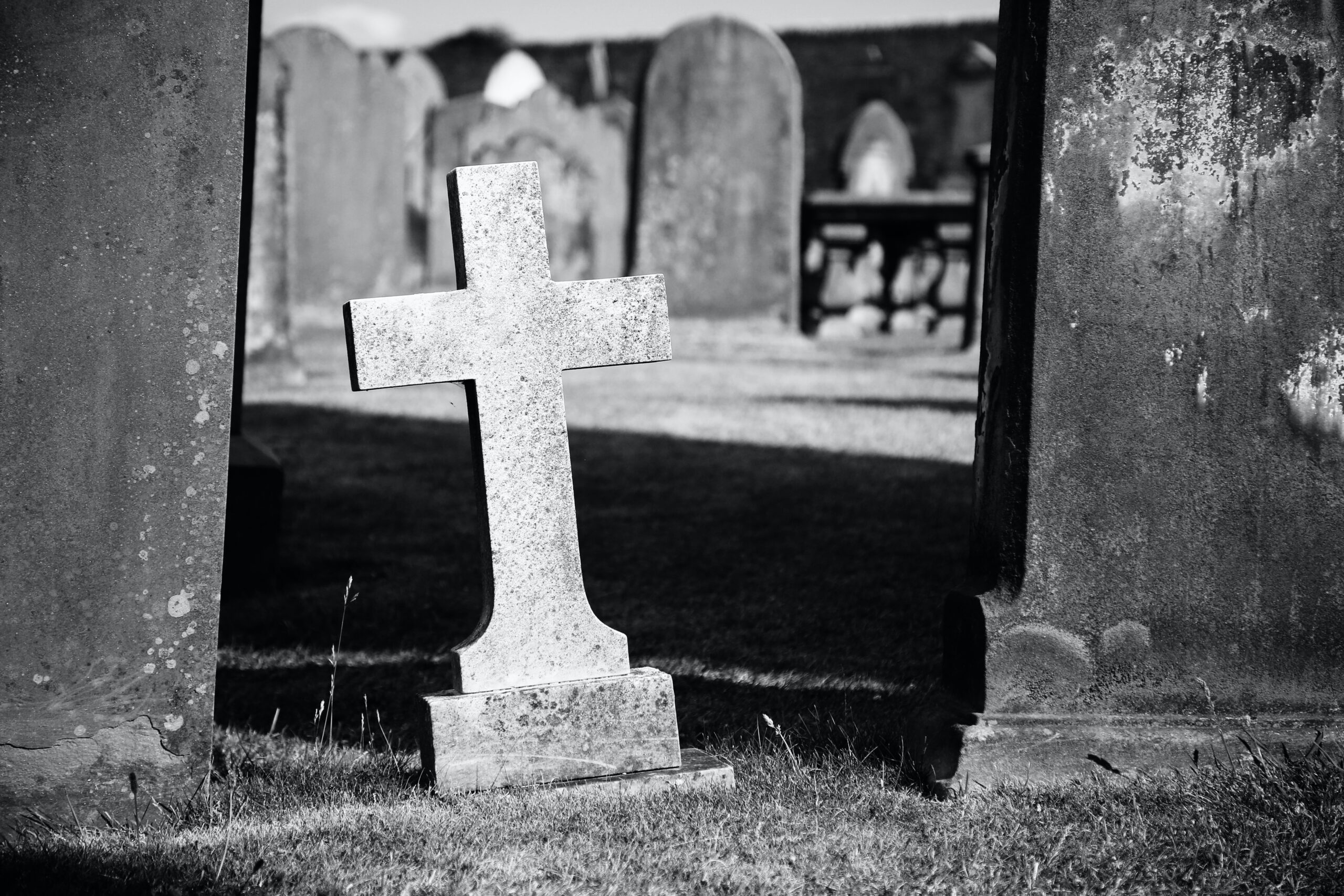
At the end of July, we witnessed a surge in the number of deaths of people who were homeless or in emergency accommodation. Almost daily reports made the loss of life seem endless. In Dublin alone, ten deaths occurred in July – six men and four women – bringing the capital’s total for 2020 so… Read more »

A tsunami does not just appear unheralded. Following an earthquake on the seafloor, inhabitants along the coast may receive one of two warnings before the waves arrive. Inundation in the form of a rapidly rising tide can precede the tsunami waves hitting shallow water. Alternatively, drawback is the less well-known warning sign as the… Read more »
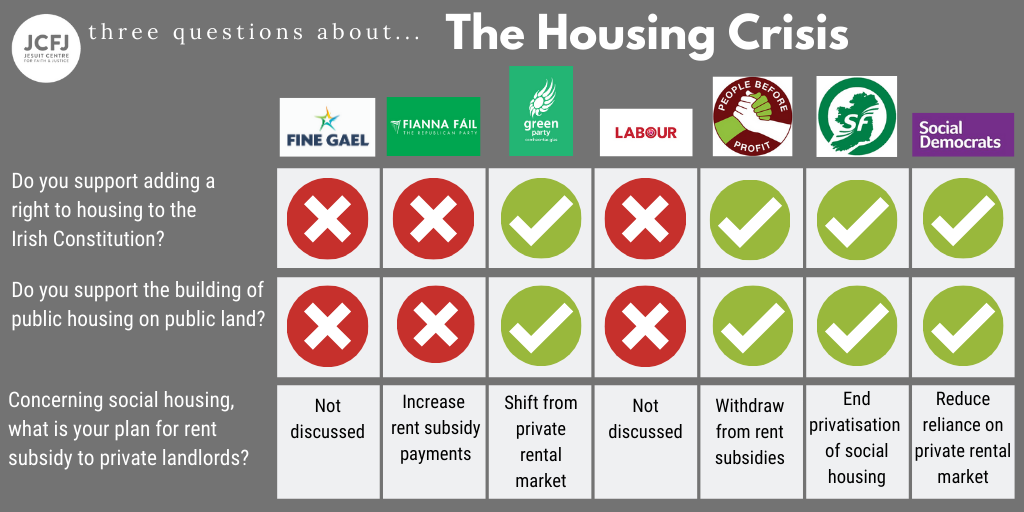
Housing has remained firmly on the agenda throughout the General Election 2020 campaign. Previously, the JCFJ proposed three questions about housing which could be used in conversations with canvassers, to see what each party’s housing policy is, beyond slogans. To close this loop, answers about housing policy were also taken from their current manifestos.
Working Notes is a journal published by the Jesuit Centre for Faith and Justice. The journal focuses on social, economic and theological analysis of Irish society. It has been produced since 1987.